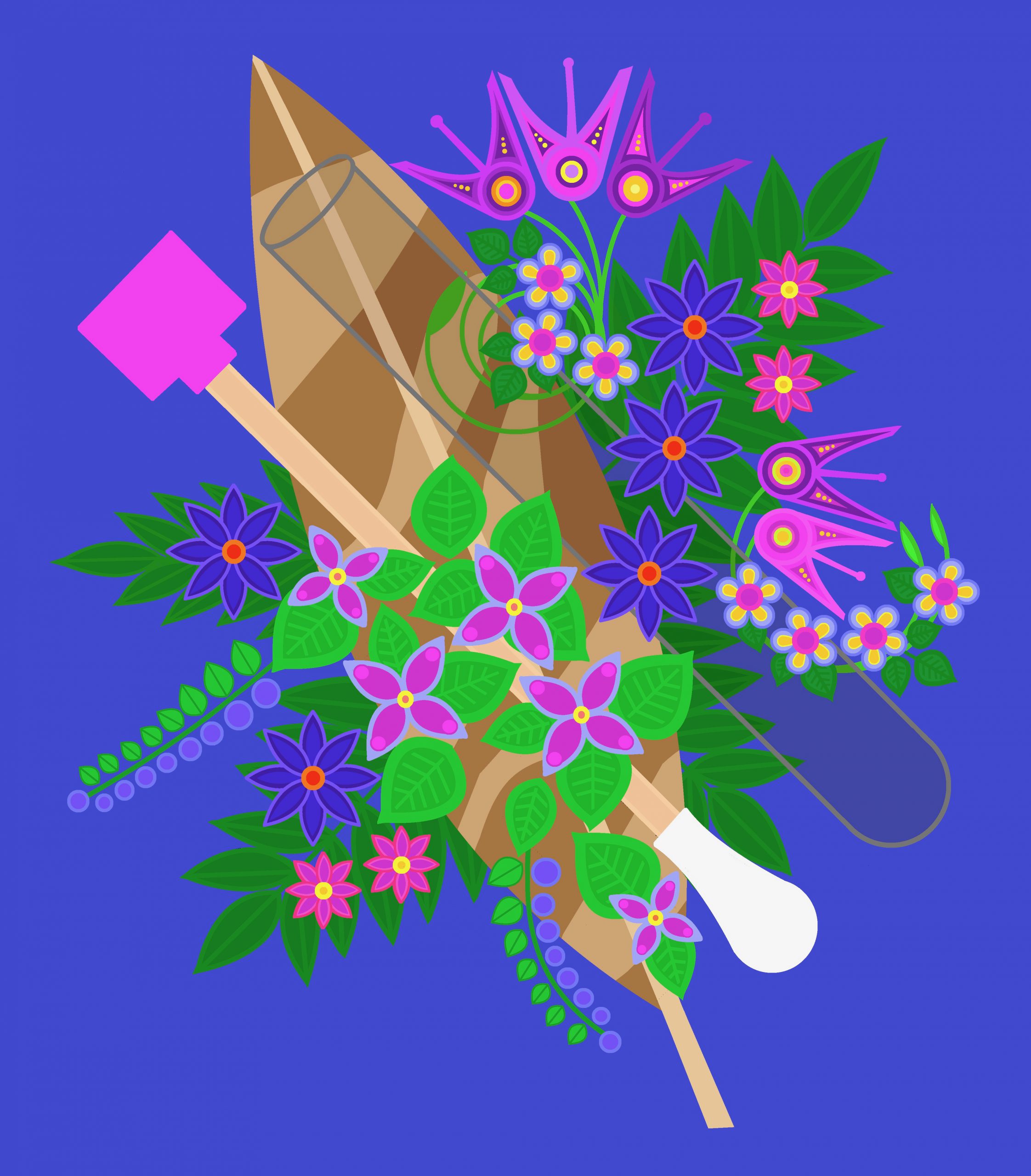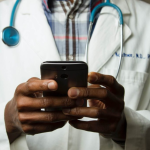Share
Physicians’ Notes: Decolonizing a Swab in Action
Go back to MessengerRecommendations From An Indigenous Physician Who Works In Indigenous Health
By Dr. Cassandra Felske-Durksen
CPSA recognizes the diversity within the medical profession and all people living in Alberta. In light of recent concerns and conversations about racism in health care, CPSA seeks to embrace and model the task of creating space for perspectives in anti-racism. Recently, Dr. Felske-Durksen reached out to CPSA looking to share, in her own words, her experience of being an Indigenous physician working in Indigenous Health and the considerations needed to best provide care to Indigenous peoples. We hope everyone reads her submission and takes time to reflect on her thoughts and appreciate her perspective.
Read part one of Dr. Felske-Durksen’s Decolonizing a Swab series
Gratitude, for her invaluable contributions, to Sarah de Leeuw

‘Hawk reminds us to take a wider view so we can see everything. This is very important when we look at clinical relationships. Clinicians must consider everything in the life of the patient. As such, they must look out of the four walls of the clinic to truly be effective in clinical relationships. This includes having a fundamental understanding of the history of colonialism and how it impacts the health outcomes of Indigenous people and populations.’ – Lisa Boivin
The swab paradox
How do we reconcile the paradox of the swab: that which represents both health, along with its care delivery, as well as coloniality—the deeply-rooted patterns of power acquired through colonialism—along with its morbidity and mortality?
Decolonization in words
Decolonization is the practice of uprooting colonial presence and power from infrastructure, process and operations. It creates space for Indigenous connection to place, Indigenous people themselves, Indigenous content (what we do) and Indigenous processes (how we do it).
Decolonization of our clinical skills can feel counterintuitive to physicians.
We are trained to be active in clinical places. As experts in content, and as agents of clinical content delivery, decolonization asks us to thoughtfully and actively take a step back.
A critical first step in decolonization of self is fully exploring, and eventually living, the understanding that:
- We all exist in a state of coloniality; and
- That coloniality is inseparable from the white-privileging, heteronormative extractive capitalism that advantages its own knowledge system over vast other ways of knowing and being. In other words, coloniality is inseparable from ontologic and epistemic racism.
Decolonization, in a way, asks us to rid ourselves of what we have been trained to be; what we believe is our space, our role, our work and our agency.
This is not easy to conceptualize and certainly not easy to practise.
Decolonization in action
My calls to action are threefold.
- Understand ourselves in action
Reflective practice is a micro-skill that should be integrated into our daily practice.
In anticipation of a patient encounter, and hinging on informing ourselves, it asks us to consider our agency—the power and privilege that comes with this, the partnership with the patient in their own health and wellness, and ways we can offer equality therewithin.
Cultural humility is a type of reflective practice. It, too, is a micro-skill that should be integrated into our daily practice.
In anticipation of an encounter involving an Indigenous patient, it asks us to consider the inter-cultural partnership in the health and wellness of the patient and how we may not be the experts in the encounter. Our actions and agency are, therefore, guided by the patient.
- Inform ourselves on Indigenous and colonial contexts
Indigeneity, identifying as Indigenous, is listed as a risk factor in the social determinants of health. As an Indigenous person, my response to this is that my Indigeneity is not a risk factor in my health outcomes. It is a protective factor. Exposure to colonialism—to genocide and to racism—is the true risk factor.
To list race and Indigeneity as a detrimental social determinant of health is misinformed. It is a direct by-product of the deeply-rooted colonial views entwined in health care. It is a leading example of why we, as physicians, should be advocating for more and better continuing medical education curriculums in Indigenous Health.
- Engage with Indigenous peoples from this new place of understanding
Finally, we need to co-create and actively hold ethical space with patients, families and communities by learning and taking the lead from Indigenous peoples in their own health and wellness.
Cleaning our intellectual houses of our implicit bias through reflective practice, making space within ourselves, filling it with new perspective, knowledge and practice. In other words, ridding ourselves of the power and privilege imposed upon us through the unspoken curriculum is how we decolonize our clinical skills.
We decolonize our clinical practices in offering this same process within the encounter, which makes space for the real goal: Indigenous self-determination in health, in action.























Comments for this post are now closed. If you would like to share your feedback on this topic, please email support@cpsa.ca.